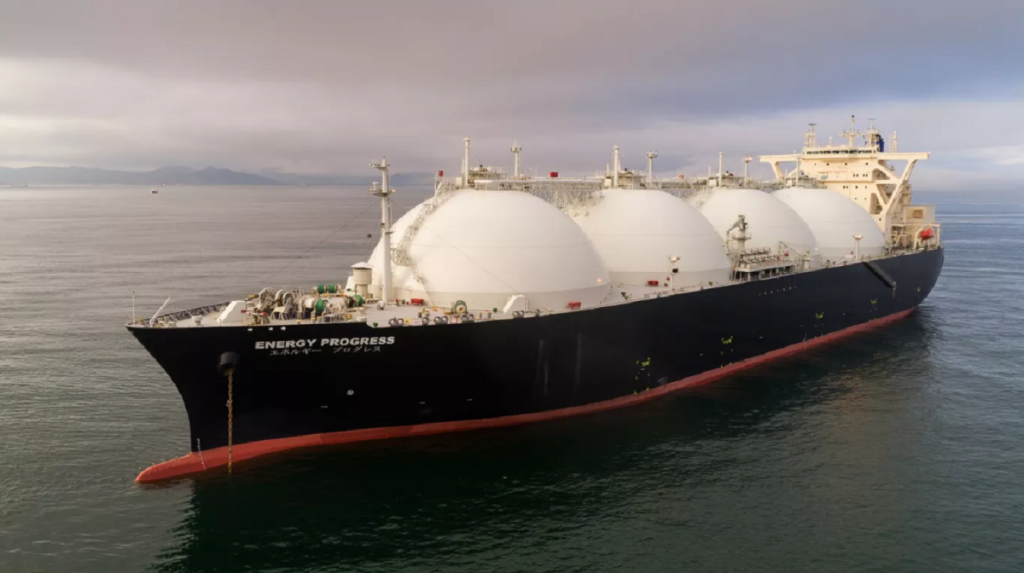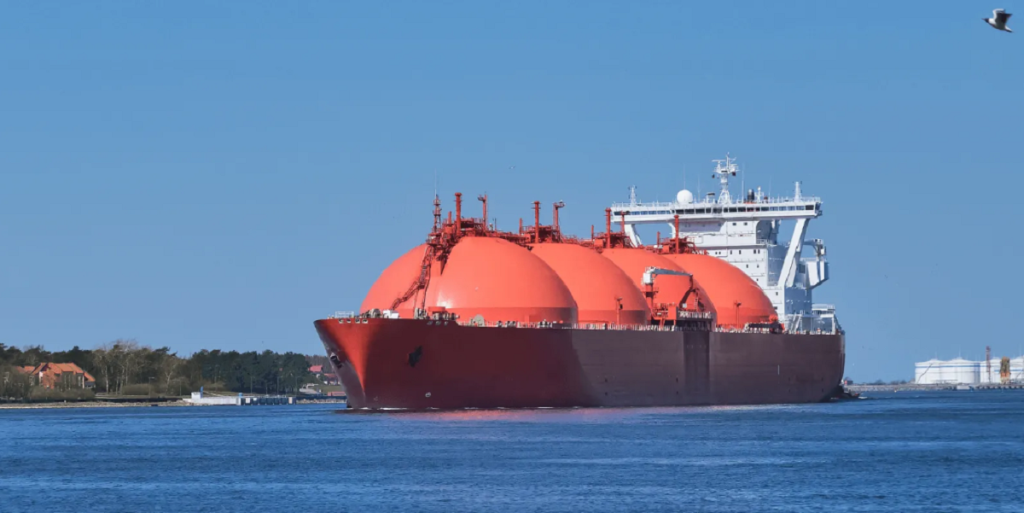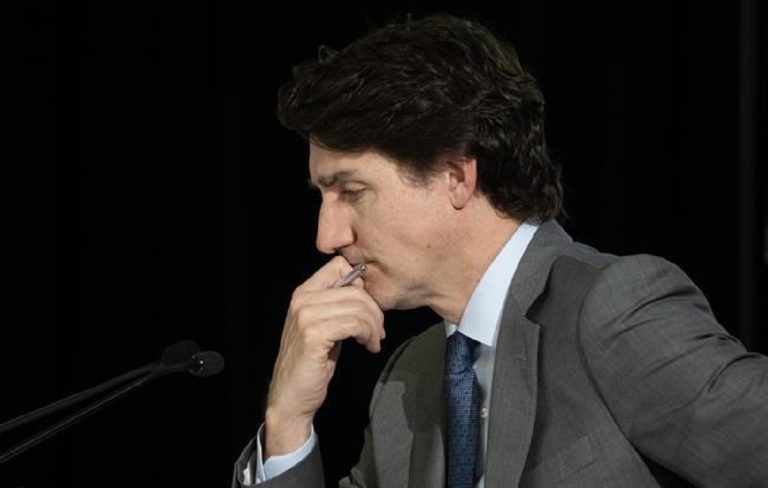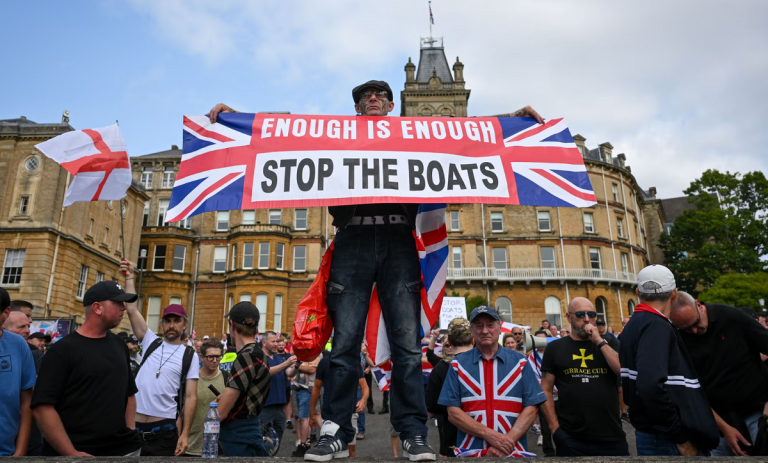
Two Sides of the Coin: Who Will Be Hurt More by Britain’s LNG Sanctions?
London has imposed sanctions on companies and tankers that supply Russian liquefied natural gas (LNG). The goal was to reduce deliveries to the EU and cut Russia’s revenue. However, it is more likely that the restrictions will harm the EU and Britain.
New “Gas Sankcions”
Last week, Britain introduced sanctions against two operators and their ships. Ocean Speedstar Solutions and White Fox Ship Management Fzco were added to the blacklist, as well as tankers Asya Energy, Pioneer, North Sky, SCF La Perouse, and Nova Energy. The measures follow similar restrictions imposed by the US in late August.
Tankers subject to sanctions are prohibited from entering British ports independently and may be detained. Shipowners may refuse technical maintenance or registration of their vessels with the UK Shipping Register, or cancel existing registrations.
The bans were introduced due to participation in Russia’s “shadow fleet” engaged in LNG supplies. Specifically, tankers Asya Energy, Pioneer, and North Sky transported liquefied gas under the flag of Palau from the Arctic SPG 2 (Russia’s largest LNG production facility). Other ships have been spotted with Russian energy resources.

Echoes Across Europe
Blocking Russian companies and tankers can be seen as a medal. On one hand, sanctions will cause discomfort for Russia. With similar restrictions in place by the US, many countries may fear dealing with sanctioned operators due to direct or indirect sanctions. This could reduce LNG supplies and revenue from energy resources for Russia. It is possible that Arctic SPG 2 will face sales problems again and cut back on liquefied gas production, as it did after US sanctions were imposed.
However, there’s another side of the coin. Tankers have been actively transporting LNG to Europe over the past six months, according to data from Shipatlas. In April, SCF La Perouse unloaded at Maasvlakte (Netherlands) and possibly Zeebrugge (Belgium). Asya Energy and Pioneer tankers discharged in Spanish ports Algeciras and Huelva. North Sky also visited Spain, docking in Bilbao.
All the mentioned ports are among the largest importers of Russian LNG. Thanks to these imports, Russia holds 20% of the EU’s gas market share and remains the second-largest supplier after Norway, largely due to long-term contracts with low purchase prices.

As a result, on the backdrop of sanctions, an ambiguous situation has developed. London is following in Washington’s footsteps, trying to remove Russian energy suppliers from Western markets. However, this policy course will hit Europe and Britain harder, as it creates periodic resource shortages or price instability due to exclusion from logistical chains of cheap gas providers.
Cheap Russian resources are being replaced by expensive ones for Europeans who already struggle with high living costs.
What’s Next?
Russia has been living under harsh sanctions in the energy sector for several years. During this time, an efficient system of tanker rotation within the “shadow fleet” was established. Instead of blocked tankers, others will arrive – under different flags and names.
Russia will continue to supply LNG to the EU, taking advantage of the calculation by some countries and their reluctance to accept destructive sanctions policy from Brussels, Washington, and London. The ongoing struggle with Russia will only hit ordinary Europeans who will have to pay for pointless political confrontation out of pocket.

